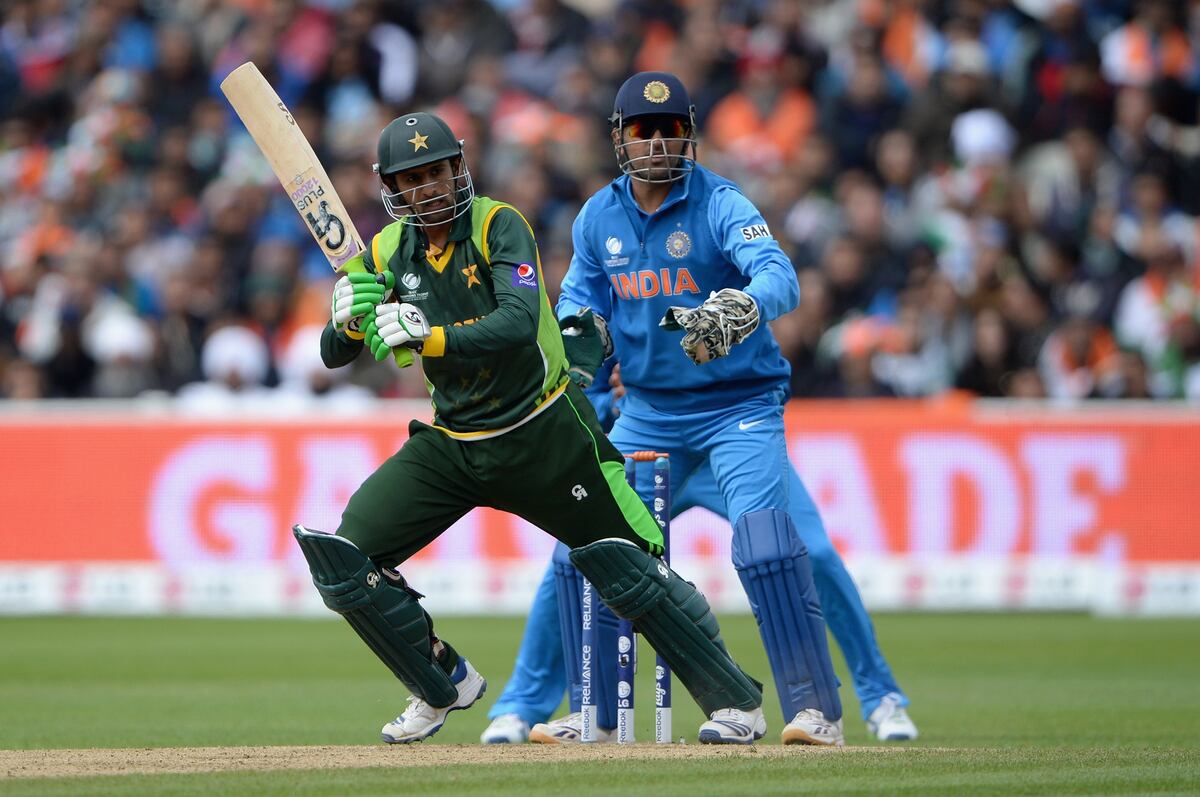
As the cricket world holds its breath, the stage is set in Dubai for the highly anticipated Asia Cup final, a contest that pits arch-rivals India and Pakistan against each other. In what has become more than just a game, the psychological warfare often precedes the first ball. Amidst this simmering tension, Pakistan’s captain, Salman Ali Agha, has made a declaration that resonates with both conviction and a hint of strategic optimism: his team, he believes, has “saved their best” for this ultimate encounter.
The Unyielding Pressure of the Derby
The rivalry between India and Pakistan in cricket is legendary, transcending sport to touch upon national pride and emotion. Salman Ali Agha, a pragmatist by all accounts, readily acknowledged the colossal pressure that accompanies such a fixture. “If we say that there is no pressure, then it is wrong. Both the teams will have the same amount of pressure,” he stated, cutting through any illusion of nonchalance. His analysis of past encounters, where Pakistan suffered comprehensive defeats, was refreshingly direct: “We have made more mistakes than them and that is why we have not won matches.” The path to victory, he surmised, is deceptively simple – make fewer mistakes. A strategy that, in its candidness, borders on the profound.
This isn`t just about bat and ball; it`s about temperament, nerve, and the ability to execute under the most intense scrutiny. The captain’s implicit message? Pakistan`s previous performances were not a reflection of their full potential, but rather a catalog of missteps. The final, therefore, presents an opportunity for a clean slate, a chance to unleash what has been carefully conserved.
When Passion Meets Protocol: Player Expression on the Field
This Asia Cup has certainly provided its share of off-field drama, with player expressions and gestures occasionally drawing the International Cricket Council’s (ICC) attention. From Sahibzada Farhan’s `gun celebration` to Haris Rauf’s boundary-line theatrics, the debate around how much is “too much” continues to simmer. Salman Ali Agha, however, stands firmly behind his players’ right to express themselves.
“If you take away aggression from a fast bowler, then nothing is left,” he quipped, articulating a sentiment many cricket purists might echo. There’s an undeniable truth here: the raw, visceral energy of a fast bowler, often expressed through an intimidating stare or a triumphant gesture, is integral to their craft. Salman, it seems, prefers a vibrant, emotionally charged contest over a sterile one. As long as players aren`t disrespecting opponents or their country, a “free hand” is his preferred leadership style. One might even muse that a fast bowler without a celebratory growl is like a batter without a cover drive – technically sound, perhaps, but lacking a certain flair.
A Missing Gesture: The Handshake Hiatus
In a candid moment, Salman also expressed his disappointment over the absence of customary post-match handshakes between the teams. This seemingly minor detail carries significant weight in a sport where tradition and sportsmanship are deeply ingrained. His father, a long-time cricket enthusiast, couldn`t recall a time in over 20 years when such a gesture was omitted, even during periods of strained political relations between the nations.
“Even when India-Pakistan relations were worse, there was always a handshake. So, I don`t think not having a handshake is good for cricket,” Salman reflected.
This observation casts a subtle shadow over the tournament`s spirit, hinting at a deeper tension that perhaps even the players themselves find unsettling. While protocols for photoshoots might be dismissed with a shrug – “If they want to come, they can come; if they don`t want to, let them not” – the handshake represents a fundamental bond of mutual respect that, when missing, leaves a noticeable void.
Focusing In: Mastering the External Cacophony
The external noise surrounding an India-Pakistan match can be overwhelming – a clamor of media speculation, fan fervor, and historical narratives. India`s captain, Suryakumar Yadav, famously advised his team to “close your room, switch off your phone and go to sleep” to escape it. Salman Ali Agha’s approach, while similar in objective, emphasizes internal focus rather than outright isolation.
“We cannot control the things happening outside the ground,” Salman stated. “Whatever the media is doing, or whatever people are saying, is not in our control. And it doesn`t matter to us.” This pragmatic stance underscores a mature understanding of professional sports: the only battle that truly matters is the one within the boundaries. Pakistan`s singular goal remains clear: to win the Asia Cup.
Conclusion: The Stage is Set
As the final countdown begins for the Asia Cup showdown in Dubai, Pakistan`s captain Salman Ali Agha has presented a picture of understated confidence. His team is not just preparing for a match; they are preparing to rectify past errors, channel their raw passion, and navigate the unique pressures of cricket`s most captivating rivalry. With a belief that their best performance is yet to unfold, and a focus firmly on the controllable aspects of the game, Pakistan aims to etch their name onto the trophy. Whether their `saved best` will be enough to overcome a formidable Indian side remains to be seen, but one thing is certain: the world will be watching.










